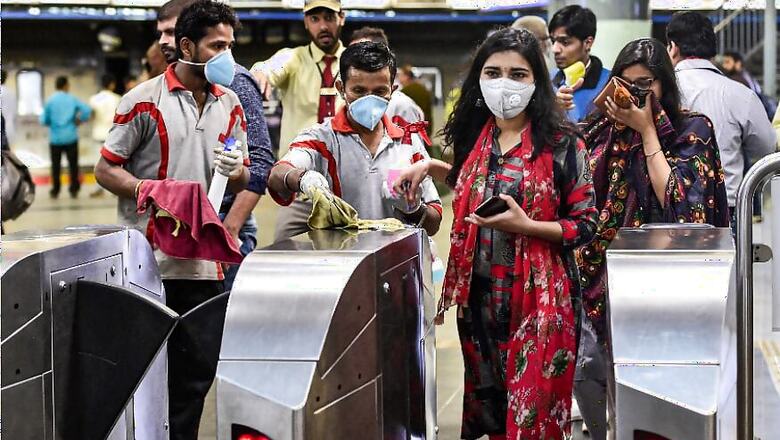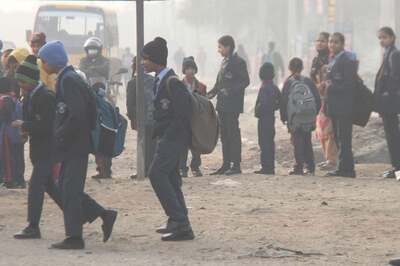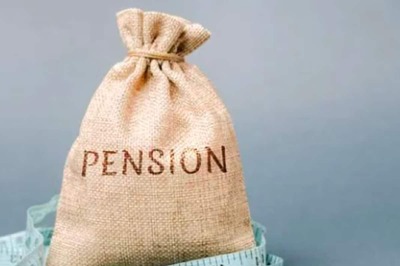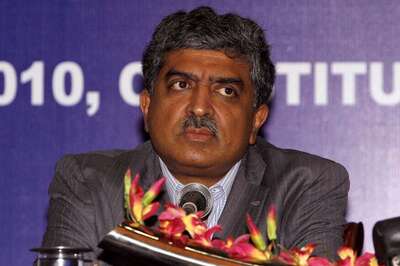
views
Delhi Metro which has remained inoperative for the past four months due to the Covid-19 lockdown has incurred a revenue loss of nearly Rs 1,000 crore.
“The DMRC (Delhi Metro Rail Corporation) earns Rs 10 crore every day. The total revenue loss so far has been over Rs 1,000 crore ever since the lockdown,” sources told Moneycontrol.
Metro services are the city's lifeline, the managing body- DMRC has 300 trains, operational on eight lines which makes almost 5,000 to and fro trips a day carrying around 1.8 million passengers.
Media reports claim, that DMRC’s revenue has seen a massive dip as their income from secondary sources such as commercial and retail leases have also dried up during the coronavirus triggered pandemic.
Explaining the body’s revenue model, Anuj Dayal, Executive Director, Corporate Communications, DMRC, told Moneycontrol that the tenants’ businesses, including retail and commercial properties, have also been affected badly. “They have written to us asking us to defer rental payments. We are looking at government guidelines on this," he added.
Since June first week, the government has been easing restrictions while unlocking the economy in a staggered manner but until now there has been no word about the Metro rail services, cinemas, gymnasiums and schools.
Despite a declining number of positive cases in the national capital, it is still unclear if the Metro will be allowed to resume operations in Unlock- phase 3, which begins on August 1.
Emphasising on protocols- social distancing and sanitisation procedures would be followed, Dayal added that the decision to reopen the network lies with the government.
How can DMRC recover losses?
Metro projects have two sources of steady revenue – farebox, which accounts for almost 80 to 90 per cent of the revenue- ticketing, passes, sales. And the other source is non-fare box revenue, which accounts for 10 to 20 per cent and includes commercial and retail leases on DMRC land.
“Though trains have not been running there are fixed costs-- maintaining the network and salaries,” Ajay Sharma, Managing Director, Valuation Services at Colliers International India told Moneycontrol. It can at best offset a certain percentage of the loss by increasing ridership, enhancing frequency and speed up construction work on new corridors, Sharma added.
Other ways to recover losses are- Value Capture Finance mechanism, wherein additional taxes can be levied on properties located around new metro lines and through Transit-Oriented Development, wherein additional floor space index can be provided for land parcels close to the station.
However, both these methods are for the long term and new lines, Sharma said. In order to recover losses in the short term, DMRC could shore up revenue by improving density, increasing the frequency of trains and higher ridership.
Reportedly, DMRC may not be able to pay this year’s instalment of the Rs 35,198-crore soft loan it has taken from Japan International Cooperation Agency.




















Comments
0 comment